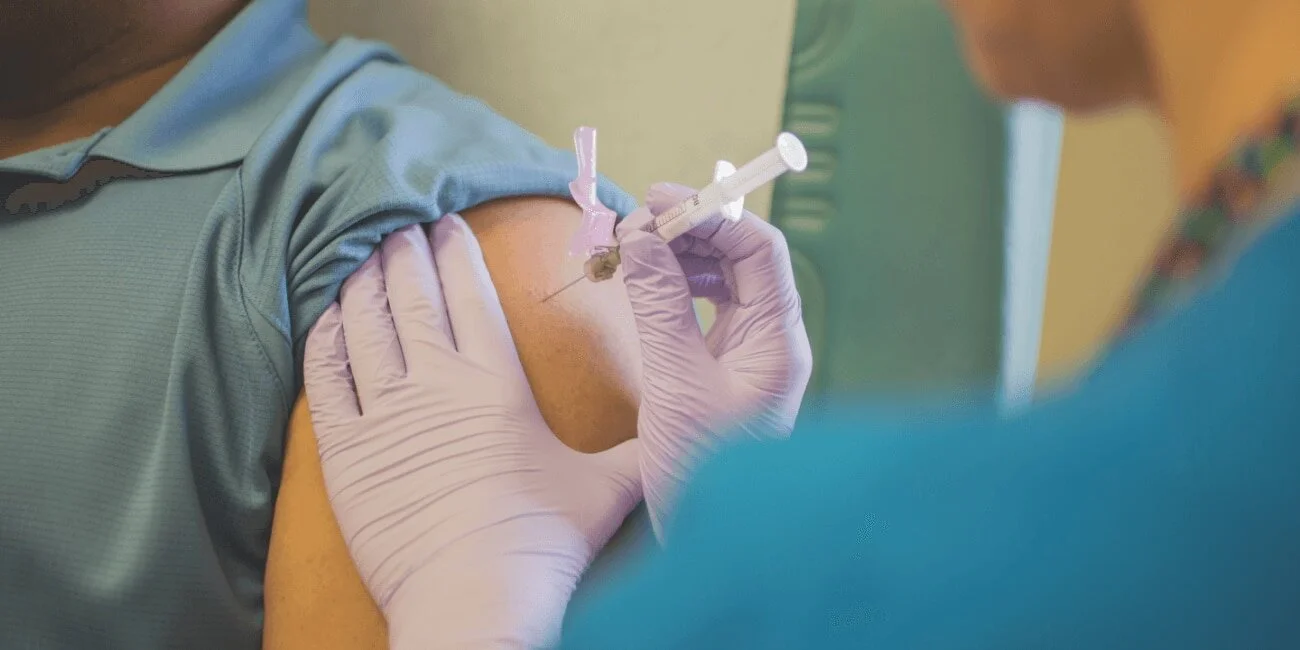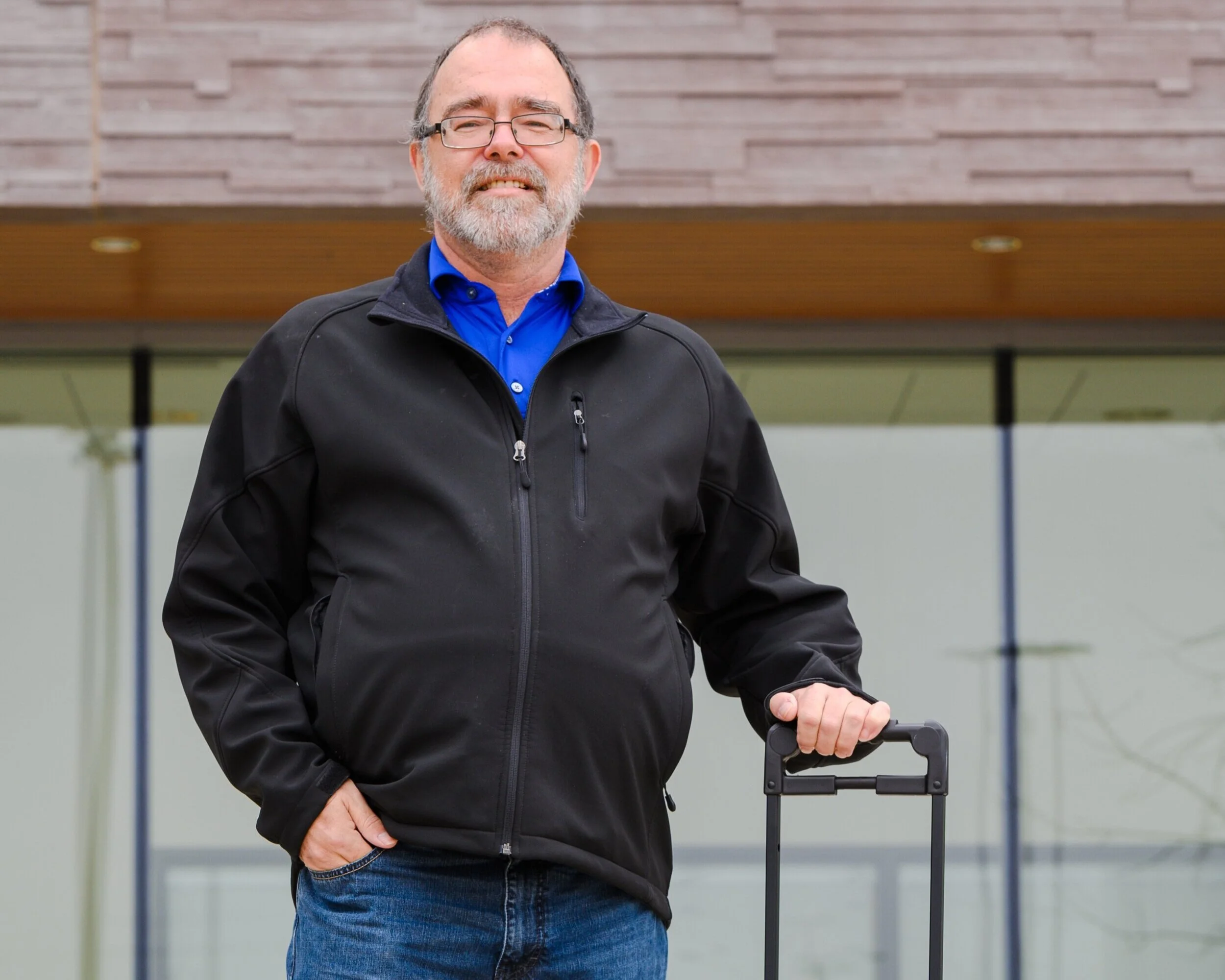For over 60 years, warfarin has been the treatment of choice in the prevention of stroke and other thromboembolic events. In recent years, a new class of Novel Oral Anticoagulant (NOAC) medication has become available, leaving clinicians and health system payors to question whether warfarin continues to have a place in therapy.
According to the Pharmacy Association Of Nova Scotia (PANS), it may not be the medication that should be in question but instead the systems in place to manage anticoagulation for the patients who need it.
Usual Care (UC) for warfarin management has traditionally required multiple healthcare visits, blood collection visits, and laboratory analysis of International Normalized Ratio (INR) with results to then later be relayed to the patient along with dosage adjustments.
Community Pharmacist-led Anticoagulation Management Service (CPAMS) is a new model of care in which patients receive a point-of-care INR test along with a pharmacist assessment at a pharmacy and results within minutes.
Pharmacists then prescribe dosage adjustments immediately, counsel patients, and provide supporting adherence tools such as a colourful picture-based dosing calendar, created by the decision support tool, INR Online.
INR Online is a web-based warfarin management tool that supports warfarin administration through a computerized dosing algorithm. Based on test results, INR Online calculates the dose of warfarin and the optimal date of the next INR test.
The Nova Scotia CPAMS Demonstration Project shows that this model will result in efficiencies for healthcare providers and optimal anticoagulation with improved time in therapeutic range outcomes for patients. In addition, the CPAMS Costing Study finds the model to be cost-effective for health systems when compared to UC for warfarin as well as NOAC patients.
See the source >>













